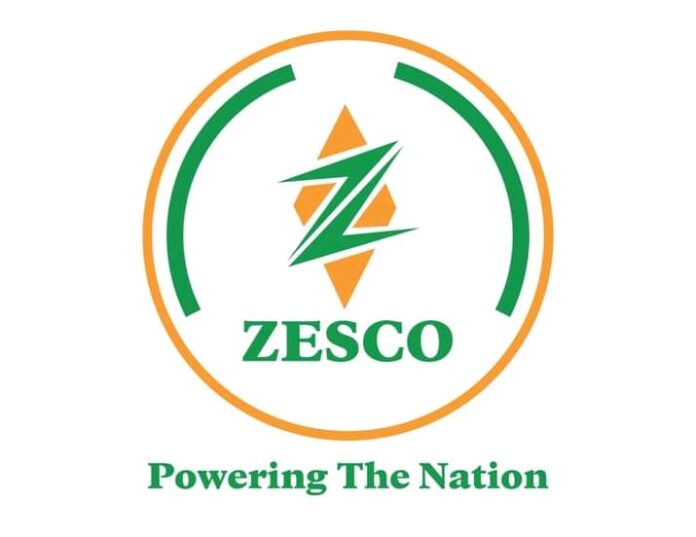Despite Zesco’s tariff hike proposal, there was no reduction in load shedding – ERB
ZAMBIANS have let out a deep sigh of relief
as the Energy Regulation Board (ERB) stepped in to save them from experiencing increased electricity tariffs.
ERB rejected Zesco’s application for an emergency tariff increase aimed at addressing the power deficit expected in September 2024.
The state-owned utility sought approval from the Board to raise tariffs for residential, commercial, and maximum demand customers to generate $14 million monthly.
According to their application the resources that were to be generated was intended to fund the importation of 300 megawatts (MW) of electricity during scheduled maintenance at Maamba Energy and the shutdown of the Kariba North Bank Power Station.
Zesco’s proposal included restructuring residential tariffs, reducing rates for small commercial consumers using less than 100 units, and increasing tariffs for commercial customers consuming more than 500 units.
The utility also proposed a 30 percent tariff increase for the monthly electricity consumed by maximum demand customers.
These measures were expected to encourage energy efficiency and promote the use of alternative energy sources like solar and liquefied petroleum gas (LPG).
However, after careful consideration following a public consultation meeting on Wednesday, the ERB concluded that the proposed emergency tariffs would have significant unintended consequences.
“It is noted, however, that despite the proposed increase in tariffs, the Utility does not intend to reduce the hours of load shedding. This is of particular concern as the lack of stable and reliable electricity has been detrimental to business operations,” ERB Board Chairperson James Banda said.
“The Board has resolved to reject ZESCO’s application for emergency tariffs on account of its unintended consequences.”
The ERB noted that ZESCO was unlikely to raise the required $14 million monthly due to suppressed demand, even with the proposed tariff increases.
“ZESCO will still require extra interventions beyond the proposed emergency tariff measures,” Banda stated.
Banda shared that the proposed tariff hikes would likely lead to higher operational costs for businesses, resulting in potential job losses, reduced economic activity and subsequent increases in the price of goods and services.
Banda also noted with concern that the increase in electricity tariffs would bring about low adoption of alternative energy.
“The uptake of alternative sources of energy is slow, and therefore most low-income households will likely not be able to switch to these sources in the short term,” Banda stated.
The ERB also raised doubts about the reliability of power imports from the region, citing potential constraints in availability and transmission capacity.
In response to these concerns, the ERB committed to working with the government and Zesco to explore alternative measures to address the power crisis.
The board also directed the utility to implement austerity measures and provide regular updates on its power importation plans and investments in alternative energy sources.
Additionally, Zesco has been instructed to intensify public sensitisation on energy conservation to encourage the adoption of alternative energy sources.
By Moses Makwaya
Kalemba August 23, 2024
